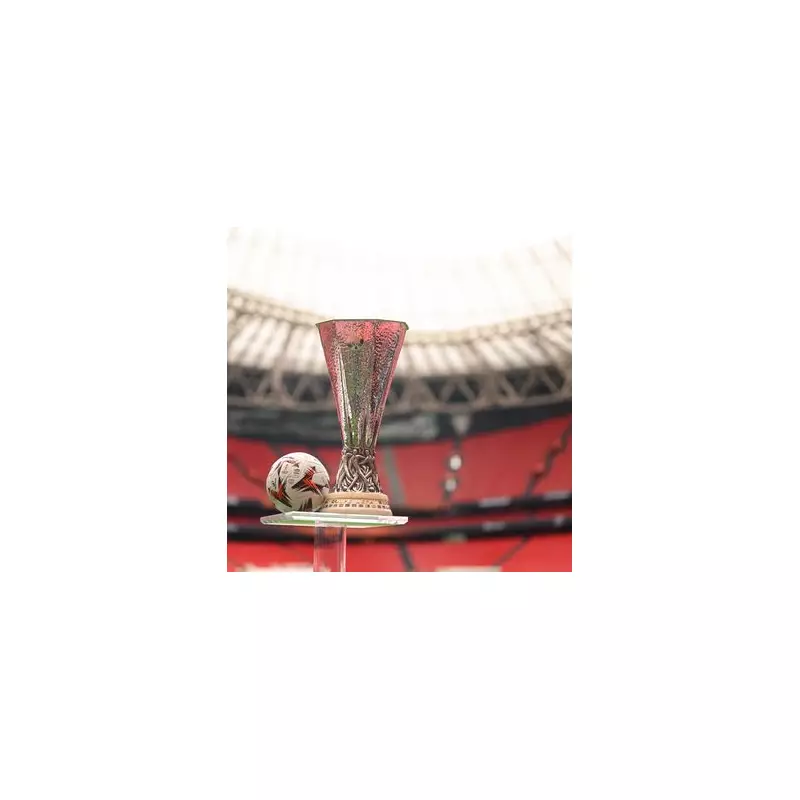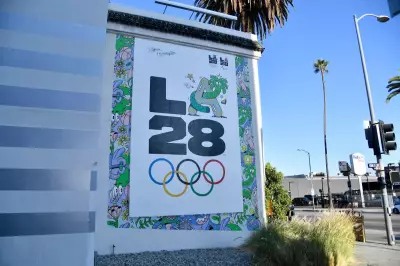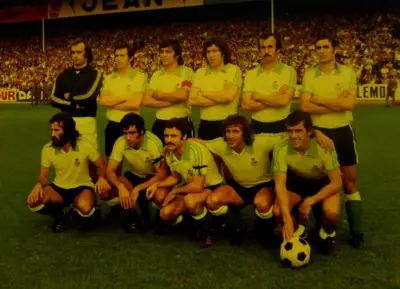
In a seismic decision that rocks the world of football governance, UEFA has issued a stringent two-year ban against Russian doping control officers, effectively barring them from all matches under its jurisdiction. This sweeping prohibition includes the prestigious Premier League, iconic Wembley Stadium fixtures, and the entirety of the Champions League.
The unprecedented sanction stems from a major breach of international standards committed by the Russian Anti-Doping Agency (RUSADA). The move sends an unequivocal message about the seriousness with which European football's governing body treats doping protocol integrity.
Behind the Ban: A Flagrant Breach of Trust
The core of the issue lies with RUSADA's failure to comply with the World Anti-Doping Agency's (WADA) stringent code. This non-compliance triggered an automatic domino effect, compelling all international sports federations—including UEFA—to enforce sanctions. The ban specifically targets the personnel responsible for sample collection, a critical line of defence in the fight for clean sport.
This means that for the next two years, no Russian doping control officer will be permitted to oversee or collect samples from players in any UEFA-sanctioned match. This has immense implications for the upcoming European football calendar.
What This Means for English Football
The ramifications for English football are direct and significant. The ban ensures that:
- Premier League matches involving English clubs in European competitions will use exclusively non-Russian doping officials.
- Major finals scheduled for Wembley Stadium, including the upcoming Champions League final in 2024, will operate under this new protocol.
- All English teams participating in the Champions League, Europa League, and Europa Conference League will be affected by the changed testing procedures.
A UEFA spokesperson confirmed the enforcement, stating the body is "obliged to impose this ban as a consequence of RUSADA's non-compliance." This action underscores a zero-tolerance approach to any compromise in anti-doping efforts.
The Road Ahead for Clean Sport
This decisive action by UEFA highlights the ongoing global effort to ensure a level playing field. By removing a national anti-doping agency deemed non-compliant, the governing body aims to preserve the integrity and fairness of its competitions. The football world will be watching closely to see how this policy is implemented on the ground as the ban takes immediate effect.





